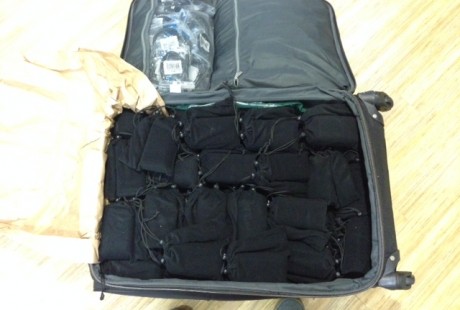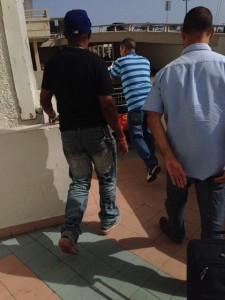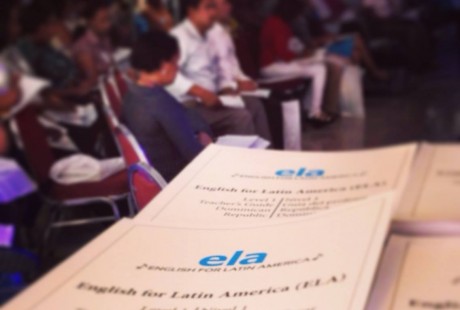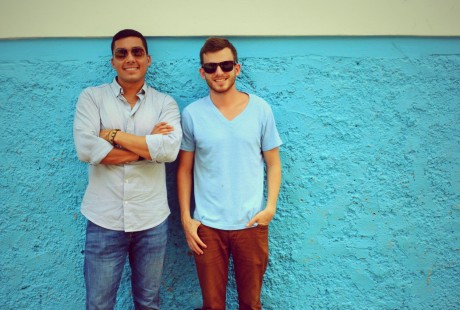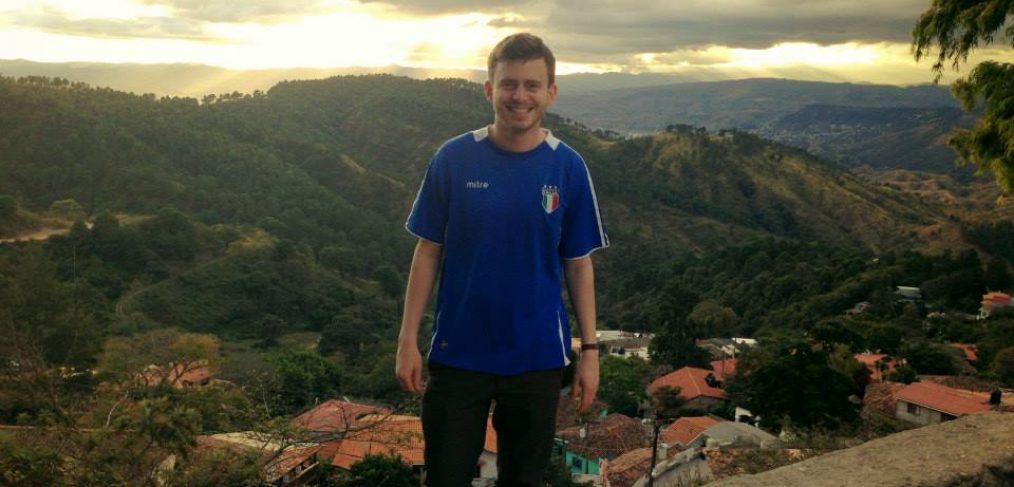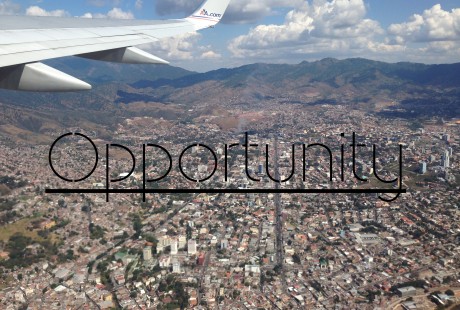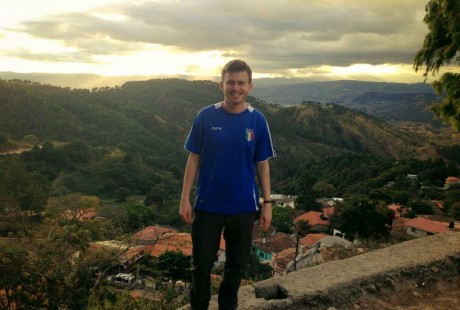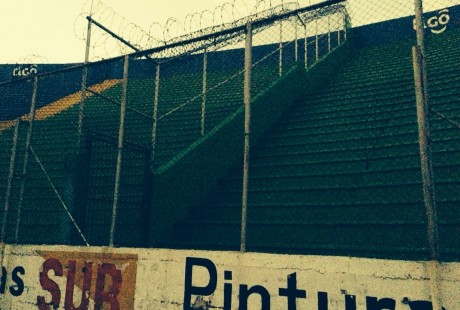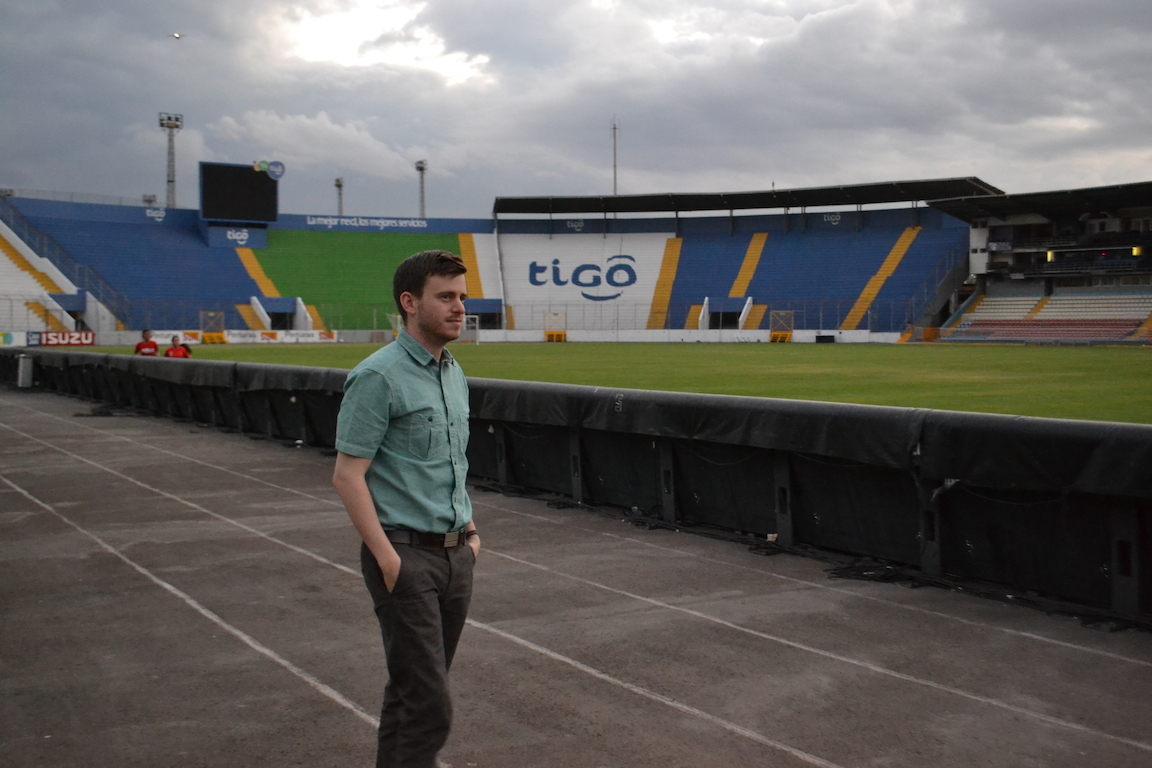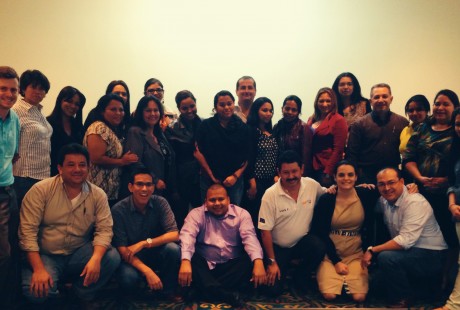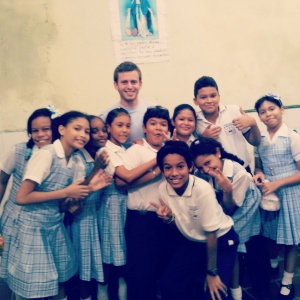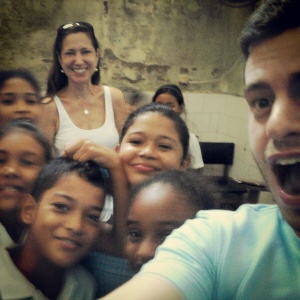I’m sitting at an outdoor cafe in Istanbul with a cat under my chair and a warm piece of bread in my hand. The waitress pours hot tea into a small, tulip-shaped glass, smiles at the cat and politely leaves us to check on other customers. The last inch of table space has been filled by a small plate of cucumbers and tomatoes, the green and red her finishing touches to a piece of art known as a Turkish Breakfast. Tradition tastes like spiced butter and cherry jam. Just as I take my first bight, the city explodes.
The distorted sound of adhan (the Islamic call to prayer) breaches the city, flooding the streets and echoing off ancient walls. I’ve never heard this in real life, only as background music to an action scene I didn’t want to be a part of. For a second, I feel that same dramatic tension creep through my body. I look around thinking something is going to happen, but nothing does. The couple to my left continues talking, the old man to my right drags his cigarette, and the cat keeps waiting for a piece to fall.
This voice is unfamiliar, beautiful, and full of love.
When it stops, the song of the city takes its place. Footsteps, vendors, conversations, street musicians, and traffic harmonize in imperfect pitch. Out of tune and unconcerned; the melody of life flows through a city like trees grow from the ground.
This won’t be the last time I shake hands with the unfamiliar and learn something about myself.
The next day I board a plane to Dushanbe to begin a 6-week journey through the five Central Asian countries of Tajikistan, Kazakhstan, Turkmenistan, Uzbekistan, and Kyrgyzstan. Imagine standing at the edge of a dark forest, staring down a path that disappears just in front of you. I can’t see the lost luggage, under the table bribes, and terrifying cab rides that are waiting for me in the darkness, but I know they’re there. I know that I’ll be in places I’ve never been, teaching things I’m still learning myself, and asked difficult questions I won’t have the answers to. But I’m here, and I may never be again, so I push my way through.
Our lives are stories, with chapter headings inspired by the times we feel a profound emotional connection to what we are doing or what is being done to us.
The idea for this trip was born in a smoke-filled hotel bar, as a colleague and I celebrated finishing a training in Almaty, Kazakhstan.
“What if we spent a week in each Central Asian country teaching the art of storytelling to USAID staff? We could help them capture and develop their own stories, and in the process create a documentary of the work being done throughout the region,” I say in between sips.
Jerrad puts his beer down, grabs a bar napkin and a pen, and says, “keep going.”
Six months later, the needs of a multi-cultural audience had been identified, the learning experiences designed and tailored for each country, and we were walking into the US Embassy in Tajikistan with a notebook filled with plans and a hand ready to rewrite them all. You can create your own reality, but you can’t control it.
“Have a plan D. Because as soon as you hit the ground plan A, B, and C will go out the window.” -Bob Rice (my friend and program director)
Here’s our plan – we’ll spend mornings in the US Embassy training USAID health sector staff on the techniques and principles of powerful storytelling and the afternoons at their project sites immediately putting those ideas into action. This gets us out of the training room and into the hospitals, clinics, schools, patient support groups, universities, and remote villages where beautify and misfortune coexist.
Each person is responsible for a specific step in the process – identify the best place to film, set up the camera, mic the interviewee and monitor audio, collect signatures on release forms, manage the environment, and conduct the interview. They are working as a team, learning by doing, and taking ownership of the quality of their work. We don’t provide them with fancy equipment that they will never see again, we didn’t bring any. Instead, we teach them how to use what they have and offer suggestions to improve their setup.
At the end of each week, the projects come together for a full-day workshop where we outline the story, identify the usable clips, and edit them together to create a first draft of their video. Then each project shows their video to the group and receives feedback from their peers.
A variation of this training was implemented in each of the five countries, one week after the other. That’s Monday-Friday training, Saturday to explore, and Sunday on a plane to the next country. It got tiring, but never old. This was a perfect mixture of my passions: travel, training, storytelling, and multimedia development.
MY STORYHOW BEING A RAPPER HELPED KICK START MY CAREER.
The gift and curse of a powerful storyteller is an amplified sense of empathy. My biggest challenge on this trip was learning how to train and produce at the same time, but a close second was the emotional tole of asking people to relive their most painful experiences. “Tell me about the day you learned you were HIV positive. How did it feel?” The hope that someone finds through a program sponsored by the American people is tied to the hope they lost when things went wrong. You can’t understand one without the other. As difficult as sharing can be, most people pushed through and walked away with a smile on their face. Being heard is empowering to someone who feels as if they lost their voice in society.
Our window into foreign cultures is often times narrow and unrepresentative. On this trip, I sat down and shook hands with the forgotten people. I walked through the back door and met the ex-prisoners, drug users, homosexuals, and tuberculosis patients who live in the shadows, nurturing the fragile hope of a long and healthy life.
In between listening to their stories, I created a few of my own.
Kyrgyzstan
On a five-hour hike in Kyrgyzstan, I passed a man walking two hours down the mountain just to grab lunch. He was kind enough to let me know I was going the wrong way and pointed out the path I was looking for. I sat on a rock at the bottom of a waterfall, looking over the misty valley of Ala Archa National Park.
Turkmenistan
In Turkmenistan, I took a four-hour cab ride into the desert to lay my eyes on the Gates of Hell – an enormous natural gas crater that has been on fire for 40 years. The highway to this bizarre site had no guiding lines and was littered with potholes. Our car would make a sudden jolt towards oncoming traffic to avoid one, swerve off the road for a few seconds, and then turbulently make it’s way back to its rightful place. One of these holes flipped an oil rig on the horizon. We slowed down to get a good look at the burning time-bomb before returning to an uncomfortable pace.
Watching the sun fall over this epic camp fire was unlike anything I’ve ever seen.
Our driver built a fire, made some tea, nonchalantly killed a scorpion, and drove us four hours back to the city. Now, imagine that ride in the dark.
Tajikistan
In Tajikistan, I stumbled upon a wedding ceremony near some ancient ruins. The wedding party was surrounded by a crowd of friends, family, and musicians. I was spotted and pulled into the circle to dance with the bride and groom, my presence apparently a sign the couple would one day travel to the US.
Uzbekistan
Walking around Tashkent, Uzbekistan was a treat for the eyes. Colorful fabric, street art, old soviet buildings, ancient mosques, and even a Carolina basketball billboard on the side of the road! I asked the driver of our armored vehicle to pull over on the curb, hopped out and crossed traffic to stand face-to-face with the lesson this moment had to offer.
I had wandered farther from home than I ever thought I would, just to be reminded that it's not a place I can wander away from in the first place.
I'm just a cloud drifting through a vast Carolina blue sky.
This work was completed under the GHPOD project, where I work full-time as a Blended Learning Specialist. Story First Design was not involved in this project in any way. These are just my reflections on the trip.




















